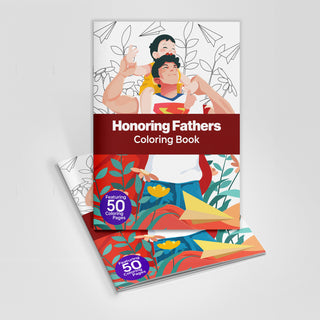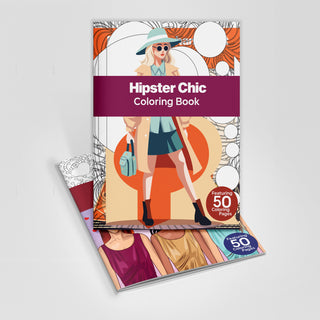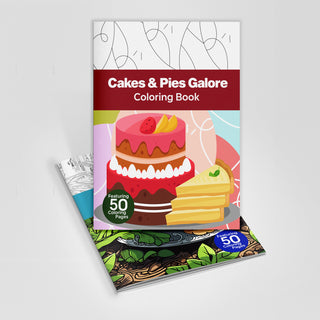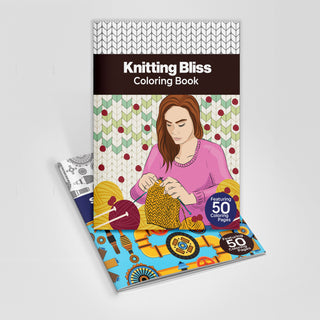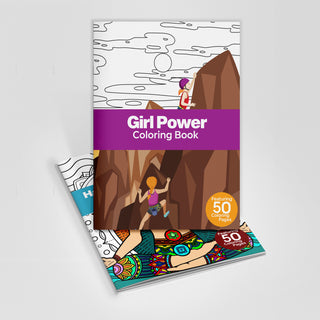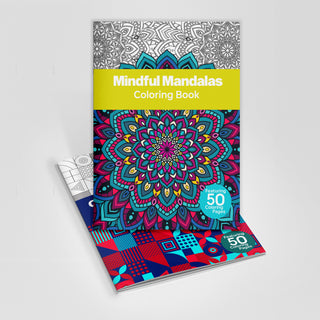In North America, we are bombarded by images and messages that tell us we’re too big and that thin is attractive while being overweight, even by a little, is not.
These messages are everywhere and young kids see them from the time they are old enough to look at a picture.
Social media has not helped. Adults, along with children, constantly see advertisements for weight loss and get messages incessantly about what perfection is.
Many of these images are not real. These pictures are touched up.
People can manipulate pictures with different filters to, for example, enhance certain facial features or minimize other parts of their body.
Kids especially, may not be aware of this and look at the image as real. They feel that if this person can look like this, then I should be able to as well.
So begins a lifelong hatred with their body and a never-ending battle to achieve so-called perfection.
It is beyond sad that people, young and old, are made to feel this way; that the way they look is not good enough.
Anxiety among young people and adults as well is at an all-time high. Body image plays a major role in this.
For tweens and teens, body consciousness is at the forefront of their thinking. During these years, we are ultra-aware of ourselves and are tremendously self-critical.
Do you remember when you were that age and all the hours you spent analyzing every minute detail of the image in the mirror?
Going through puberty is tough enough without additional pressure being put on young people from ridiculously unattainable images.
Parents, educators, and health professionals can help people, both kids and adults, to recognize the falseness of the images they see and teach what a healthy body is.
If we can focus on health rather than looks and work towards habits like healthy eating and regular exercise, we will do much to accept ourselves for who we are.
The journal prompts in this article focus on both of these things. Check them out with me!
Mindful Eating Journal Prompts For Weight Loss
As a nation, the United States is overweight with over 40 percent of American adults falling into the category of obese.
For the age category of 2-19 years old, obesity is at 19.7 percent.
These numbers are shocking and speak to eating habits that are unhealthy.
In North America, we love our deep-fried foods, sugary sweets and soft drinks, and salty snacks like potato chips.
We also consume a lot of highly processed foods which are high in bad fats, salt, and sugar.
Our lifestyle has a lot to do with our eating habits. We have a go, go, go pace that makes it challenging to plan and prepare healthy meals.
In the typical two-parent family, both adults are working full-time. Their children are normally in several extra-curricular activities that consume every evening.
Parents rush out the door to get to work in the morning and have little to no time to make a healthy breakfast for either themselves or their children.
Many kids arrive at school not having eaten any breakfast. Fortunately, schools now have breakfast programs that provide kids with the opportunity to eat something relatively healthy.
Mom and dad will usually prioritize a coffee that they have either made at home and put in a thermos, or will buy on their way to work.
Due to the fact that evening time is at a premium, children’s lunches are often made up of processed foods that can be quickly tossed into a lunch pail.
If there is a piece of fruit or a sandwich, kids will often pass it by and eat only the treat or snack food.
For the adult at work, lunch may consist of something bought at the canteen or no lunch at all.
Work is demanding and there may be the feeling that there simply isn’t enough time to sit and eat lunch.
By the time our work day is done and we leave to head home, we are so hungry that we grab a quick snack to tide us over.
For me, that snack is usually a chocolate bar with absolutely zero nutritional value.
Knowing that our kids have a busy evening schedule of activities, we opt to stop at a fast food restaurant on the way home and pick up dinner for the family.
And so it goes, day after day.
How can you change the way you and your family eat? It starts with setting priorities and time management.
Read the prompts in this section to help get you started on healthier eating habits.
RELATED: 100+ Summer Journaling Prompts To Cherish The Season!
52 Mindful Eating Journal Prompts For Weight Loss
1. "What emotions do you have when you think of planning your meals, buying groceries, cooking?"
2. "How was your relationship with food as a child? Were you given healthy foods to eat when you were growing up? Has your childhood affected your relationship with food now?"
3. "Do you eat some foods because they bring you comfort? Why do they make you feel like this. What would happen if you stopped eating these foods?"
4. "How has your mood been since you ate?"
5. "Who is someone in your life that you think has a “healthy relationship” with food? What does that look like? "
6. "Have you created any rules, rituals, or routines around food that may not be healthy? What are they and how can you break your unhealthy habits?"
7. "Has the way you think about food changed recently? Why do you think that is?"
8. " Have you ever met with a registered dietitian? How was that experience? What are some possible benefits of meeting with one?"
9. "What was your relationship with food like growing up? "
10. "Did you exercise today? If so, how much time did you spend exercising?"
11. "Have you ever gone through periods of drastic weight loss or weight gain? What was that like? "
12. "Does your fitness routine influence your food choices? How so?"
13. "What does the phrase “mindful eating” mean to you? What would it mean to you to make more mindful choices regarding food and eating?"
14. "What didn’t you like about the food? Is there anything you wouldn’t eat again?"
15. "How does your relationship with food affect your view of yourself and your body? "
16. "What thoughts were going through your head when you were hungry?"
17. "How do you find shopping for food? Do you find it difficult? Do you take a list with you? Do you find that you are tempted by things that aren’t on the list?"
18. "How often do you think about food? Do you find that it dominates your thoughts during the day? Why do you think this is?"
19. "How do your eating habits affect your daily life, social life, relationships, and mood? "
20. "How many servings of protein and carbs did you have today?"
21. "What is keeping you from changing your eating habits? List your top 3 barriers."
22. "Describe a time when you felt you were at your “healthiest” or “best” regarding food? "
23. "What did you eat today? How much did you eat?"
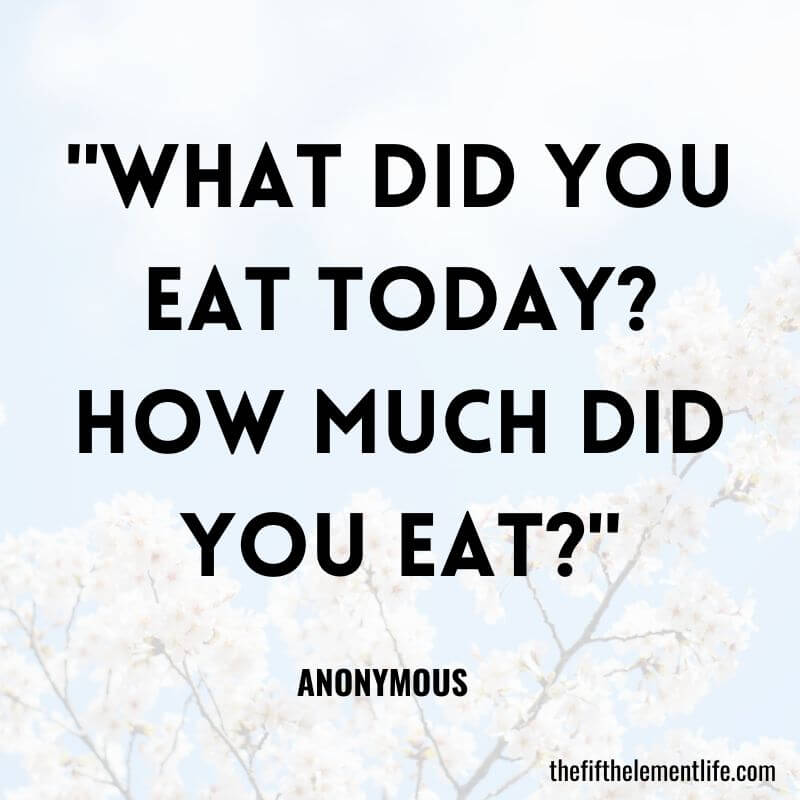
24. "How many calories did you consume today?"
25. "How did the food make you feel physically?"
26. "What obstacles may stop you from reaching those goals? What can you do about them?"
27. "Do you feel like you have a healthy relationship with food and eating? What would healthy look like to you? "
28. "What changes do you intuitively know you need to make about your eating habits?"
29. "How often are you fully satisfied after you eat? "
30. "What was the first thing you ate today? What time did you eat it?"
31. "How did you feel before, during, and after eating?"
32. "What would you like to change about your eating habits? How can you do this?"
33. "What do you wish your relationship with food looked like right now? "
34. "What do you think or say to yourself when you look in the mirror and/or try on new clothes? "
35. "In what ways do you feel “stuck” or “trapped” when it comes to food and eating? "
36. "How did the food make you feel emotionally? Do you have any negative emotions attached to eating? Why do you think this is?"
37. "Do you use food and drinking to de-stress? Why or why not?"
38. "What does the phrase “food freedom” mean to you? What would it look like to have food freedom for you?"
39. "Was there anything that made it difficult to eat today? Do you give yourself enough time to eat? Do you have people to eat your meals with?"
40. "How many servings of fruits or vegetables did you have today?"
41. "Did you feel full after eating it or were you still hungry?"
42. "What are your goals for eating and staying healthy? How will your life be different when you have reached those goals?"
43. "What did you like about the food you ate today? Did you try any new foods?"
44. "How did you feel after eating this meal/snack?"
45. "How is your relationship with food different when you’ve been in a physically healthy versus unhealthy season of life?"
46. "Is food more of a means to an end OR is it something you use for enjoyment and pleasure? A mix of both? Explain."
47. "What was the last thing you ate today? What time did you eat it? Do you think you ate too late?"
48. "When you eat something unhealthy or break a diet what do you tell yourself to make it ok and take away the guilt?"
49. "What knowledge do you feel like you lack when it comes to understanding nutrition and healthy eating? "
50. "Did you pay attention to the food you were eating? Describe the flavours and textures."
51. "Do you eat for any other reason than hunger? Do you eat between meals often? Why do you think you do this? Do you have any comfort foods?"
52. "Did anything trigger your hunger?"
Fitness Journal Prompts For Physical Well-Being
Healthy eating is one part of the equation for healthy bodies. The other part is exercise and fitness.
When we combine healthy eating with exercise we get a dynamic combination that makes us feel good and improves our self-esteem.
The wonderful thing about exercise is that it doesn’t have to cost anything.
Sure, there are fabulous gyms everywhere that have the latest and greatest in fitness equipment, along with classes led by people who will energize you, but fitness can actually be as simple as walking.
My own fitness journey has been interesting as it has had to change over the years to fit my changing family and work situations.
As a child, I was always active. I loved running everywhere and was never still for long. I grew up on a farm and had lots of wide-open space to move in.
In school, I participated on many sports teams and enjoyed the competitive nature of sports in addition to the physical activity.
When I attended university, I played on my school’s field hockey team. This was a tremendous experience.
As an adult, I was committed to working out daily. I had workout videos that I enjoyed doing and mixed things up with step aerobics, weights, and standard aerobics.
My career took a turn that resulted in my working in a city. This started a routine that I kept for 8 ½ years wherein I got up at 4:45 a.m., drove to a gym, worked out, showered, and went to work.
I have to say that I loved the gym, and nothing interfered with going there when I went in the morning before work.
When my career as well as my personal life took a different turn, I no longer had a gym available to me and I struggled to make fitness a regular part of my days.
I have always been dedicated to fitness and know the incredible benefits it yields. When you exercise, you feel mentally great as well as physically great. I fit in any sort of exercise whenever it will work.
If exercise is not currently part of your life, put on a pair of sneakers and go for a walk or whatever you want to do.
The key is to move! It’s that simple.
RELATED: 101 Wonderful Journal Prompts For Women To Guide And Fulfill
63 Fitness Journal Prompts For Physical Well-Being
53. "What’re the three biggest changes you’ve made to improve your health and well-being?"
54. "How am I feeling?"
55. "What was your favorite physical activity this week?"
56. "What changes have you made in your life to lose weight? Did it work? Why or why not?"
57. "How does excess weight gain affect your mental health?"
58. "How much physical activity do you do per week (outside work)?"
59. "When was the last time you ate something healthy for breakfast, lunch, or dinner? What was it?"
60. "What do I want to start doing for my weight loss?"
61. "How do I want to feel about my eating choices at the end of the day?"
62. "What negative thoughts do I have about my ability to lose weight? How can I make them positive?"
63. "What’re the three biggest challenges you’ve overcome?"
64. "What’s the best way to track my fitness goals progress?"
65. "What meals will I eat today?"
66. "What progress have I made so far in my weight loss?"
67. "What’s been the hardest part of losing weight?"
68. "What is the extra weight costing me in my life right now?"
69. "What is 1 thing I can do to work towards weight loss today?"
70. "What do you like best about your body image now?"
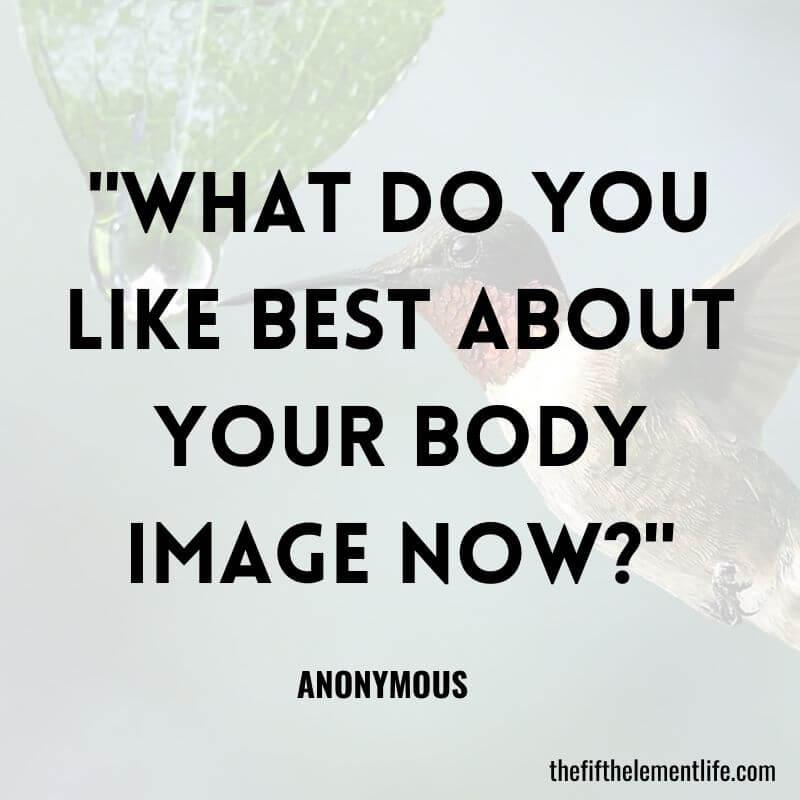
71. "How will I get some movement in today?"
72. "Have you tried any diets before? If so, how long did they last, and why did they end (or not)? If not, what motivates you to start dieting now?"
73. "What are your favorite food choices? Do you think they’re healthy? Why or why not?"
74. "What boundaries could you set in your relationships to safeguard your own well-being?"
75. "How are you handling setbacks or difficulties in your life right now?"
76. "Why is it important for me to lose weight?"
77. "What can I stop doing to help me lose weight?"
78. "What motivates me to stick with my diet and fitness plan?"
79. "When was the last time you felt you needed to give up but didn’t? And why not?"
80. "What should I keep doing to help me lose weight?"
81. "What are you most grateful for right now?"
82. "List out all the different ways in which your body is great, that has nothing to do with how you look. Then focus on one of those points and go deeper on exactly what your body allows you to do why you are thankful to your body."
83. "How does the version of me who has already lost the weight act?"
84. "What place makes you feel most peaceful? Describe that place using all five senses."
85. "What makes it easier or harder for you to track your goals? How do you deal with that challenge?"
86. "How is your identity related to your weight gain?"
87. "What’re your five favorite ways to lose weight?"
88. "What have I learned about my exercise habits?"
89. "How are you feeling about your progress so far?"
90. "Choose one thing to forgive yourself for and write a letter of forgiveness to yourself about it. "
91. "What kind of relationship do I want to have with food?"
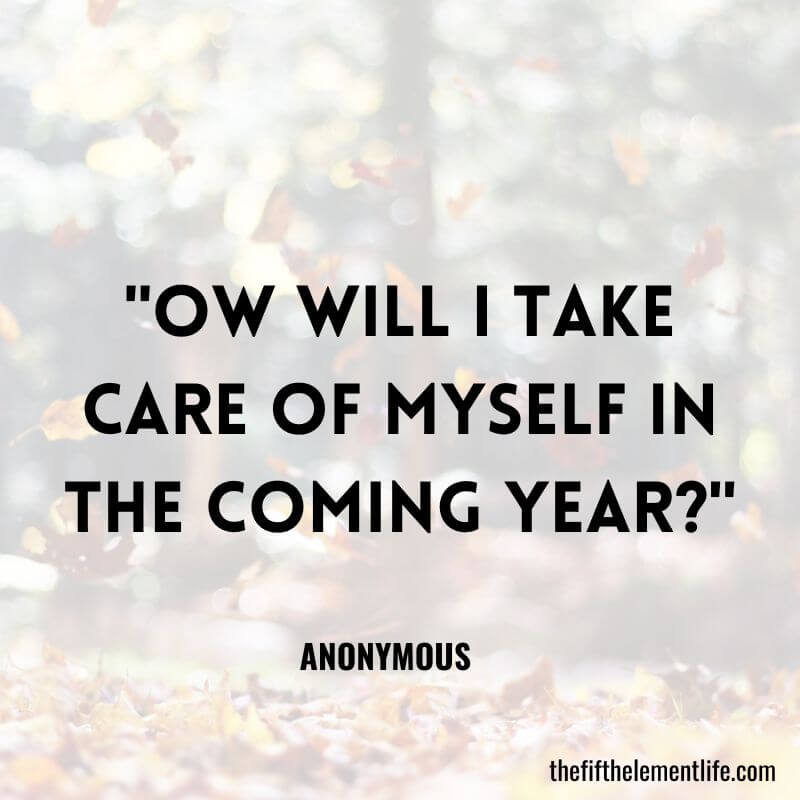
92. "Do you have any food rules? What are they and why?"
93. "Do you’ve any tips or tricks for staying on track with weight loss success?"
94. "What’s one of your favorite weight loss tips?"
95. "How will my life improve when I lose weight?"
96. "Where am I struggling with my weight loss?"
97. "What did you do today that helped you lose weight?"
98. "How do you feel about yourself right now?"
99. "Describe one or two significant life events that helped shape you into who you are today."
100. "If weight loss were easy for me, what would I do?"
101. "How is your metabolism doing? What’re you doing to keep it up?"
102. "What is something I did in the past that I doubted I could do, but I did it anyway? How can I apply that to my weight loss?"
103. "What’re you most afraid of?"
104. "How much water did you drink today?"
105. "How do I feel about my ability to lose weight? Why?"
106. "What is 1 healthy habit I’m willing to improve by 1%?"
107. "Describe a typical day in your life. Do you eat breakfast before work or lunch? Do you’ve snacks during work, and if so, what do you eat? What about after work – what do you eat most often in the evening?"
108. "What’re some of the challenges you face in losing weight?"
109. "I am going to reach my goal weight because…"
110. "How has attending a fitness retreat changed you so far? What can you do today that you you couldn’t a month ago?"
111. "How can I make weight loss easy today?"
112. "What have I learned about my eating habits?"
113. "When was the last time you ate something because you were hungry and not out of boredom, stress, or social obligations?"
114. "What are my weight loss goals?"
115. "What’ve you learned about yourself since you started losing weight?"
Frequently Asked Questions
What Are Journal Prompts For Weight Loss?
Journal prompts for weight loss are thought-provoking questions or statements designed to encourage self-reflection and mindfulness about your weight loss journey. They can help you gain insights, set goals, and track progress.
What Kind Of Questions Are Included In Journal Prompts For Weight Loss?
Journal prompts can cover a wide range of topics related to weight loss, such as your reasons for wanting to lose weight, your emotional relationship with food, your daily habits, and your successes and challenges.
When And How Often Should I Use Journal Prompts For Weight Loss?
You can use journal prompts as frequently as you like, whether daily, weekly, or on an as-needed basis. It's beneficial to use them when you want to check in with yourself, set new goals, or reflect on your progress.
Continue Reading 👉: 110 Days Of Marvelous Journaling Prompts To Help You Make The Most Of Every Day



